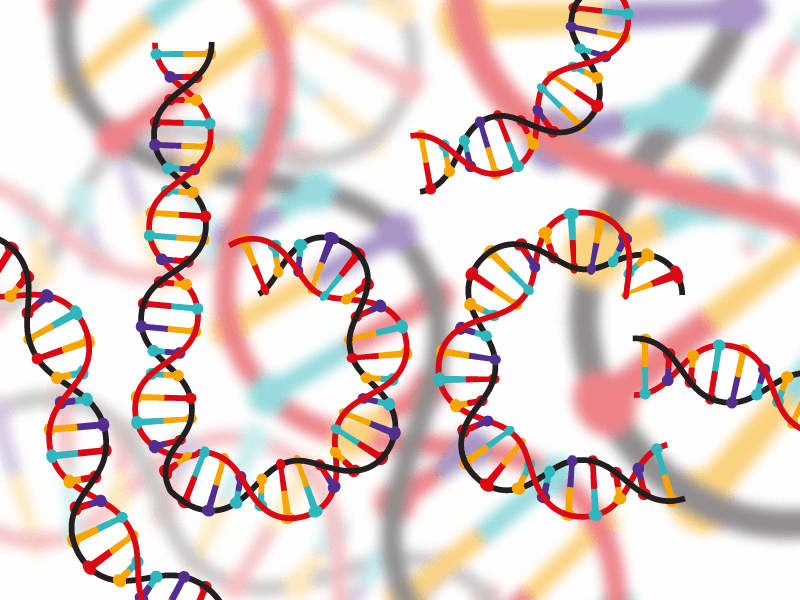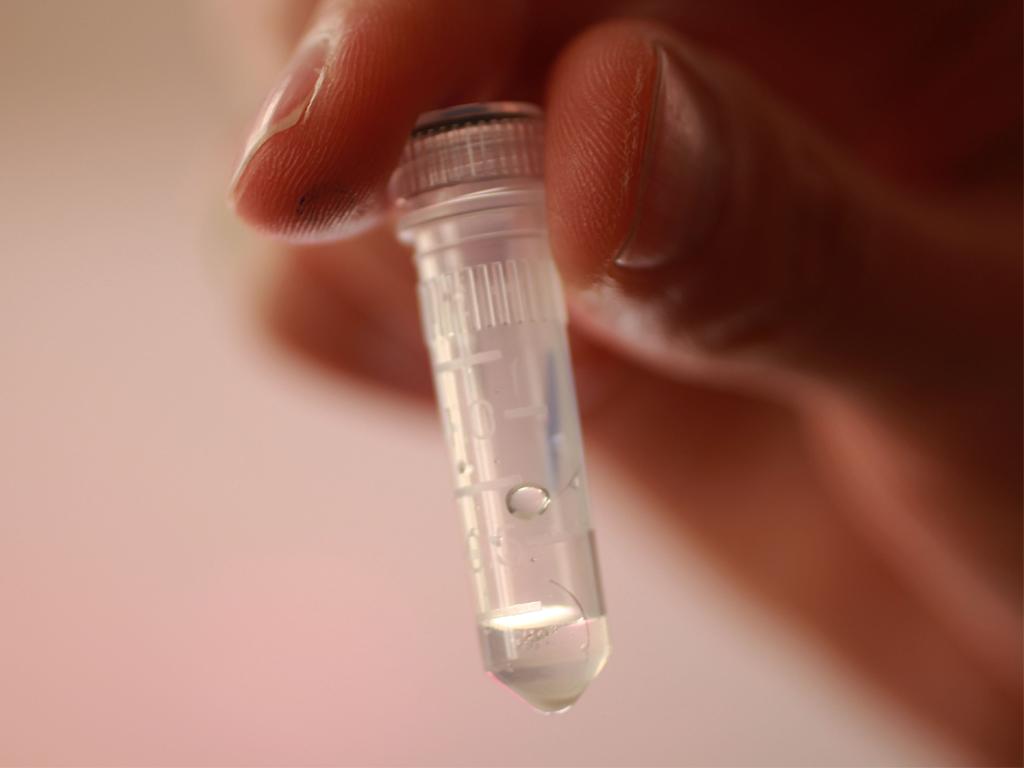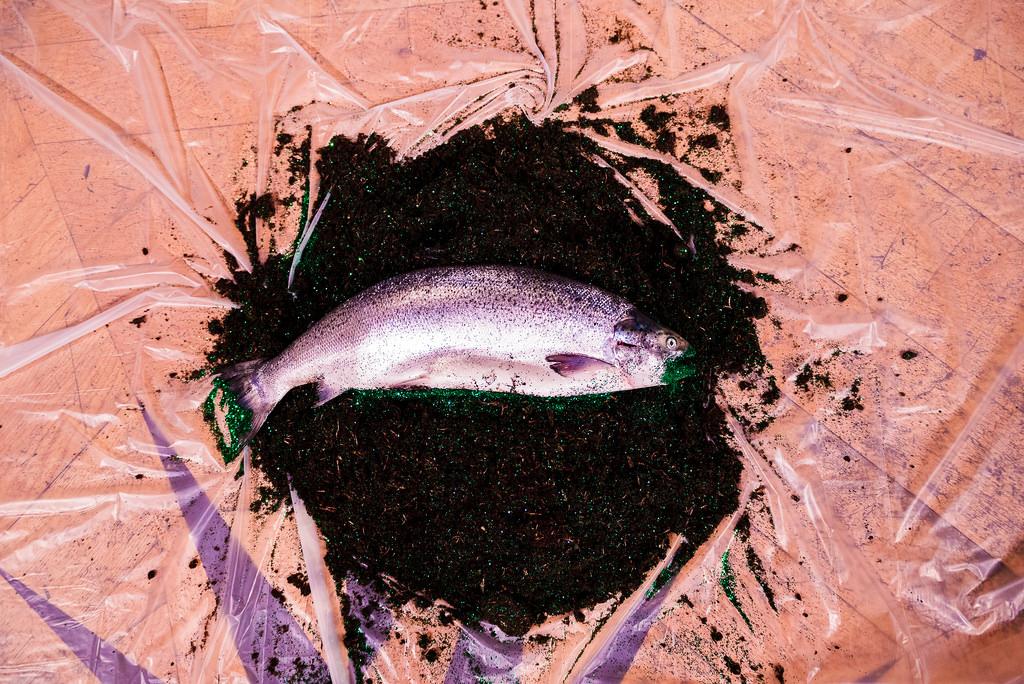In the BioCommons project, Waag investigates how we can combine and use our genetic data, while managing them as a community.
Join us for a thought-provoking event that puts you at the forefront of genomic research and health decision-making. Have you ever wondered how your DNA can contribute to medical research and improve your healthcare journey? We invite you to explore this exciting frontier at our workshop: it is you who can decide what type of research questions can be formulated about your genetic information.
The evening will start with an introduction to BioCommons by Waag's Lucas Evers, followed by a keynote of professor Karien Stronks on The Helius study, insights in the biological, psychological and social causes of the unequal burden of disease across ethnic groups in Amsterdam. After this, a hands-on workshop follows for you to participate in.
In this workshop you will be able to:
- Discover what kind of research you would like to see conducted with your DNA. Explore how patient-centered genomic services can empower you to shape the future of medical investigations.
- You will delve into the importance of genetic literacy and informed consent. Understand how individuals can make informed decisions regarding the use of their genetic data in research and healthcare.
- Learn about Waag's BioCommons project and learn about its latest findings. Our experts will provide brief interventions and mediate discussions to help you understand the impact of genetic information as a common good.
- Enhanced Decision-Making: Consider how an improved approach to direct consumer testing, which is more inclusive and diverse, can grant individuals more control over their genetic and non-genetic health-data. We will explore how this new data management paradigm influences your behaviour and health.
- Cultural and Ethical Aspects: Reflect on the intricate connections between culture, identity, ethnicity, and genetics. Discuss the implications and potential benefits of a patient-centered approach to genetics.
We'll also invite you to actively participate.
Programme
19:00-19:15 hrs - Welcome
19:15-19:30 hrs - Introduction to BioCommons by Lucas Evers
19:30- 19:55 hrs - Keynote by Karien Stronks: The Helius study, insights in the biological, psychological and social causes of the unequal burden of disease across ethnic groups in Amsterdam
19:55-20:45 hrs - Workshop
20:45 to 21:00 hrs - Conclusion
Experts
Karien Stronks
Karien Stronks is full professor at the Amsterdam University Medical Centers. She graduated as a health scientist and political scientist. Dr. Stronks seeks to generate evidence on how the position of an individual in society impacts his/her health and – at the population level – leads to inequalities in health. More specifically, she has focused on understanding why health inequalities arise and how to combat them effectively. Since 2006, she has undertaken this task as Professor of Public Health at the Academic Medical Centre/University of Amsterdam/Amsterdam UMC.
Anna Harris
Anna Harris is Associate Professor Social Studies of Medicine at Maastricht University. Anna is an anthropologist of medicine and other crafts. Currently, she is studying doctors sensory training in the digital age, funded by European Research Council, and a member of the Global Young Academy.
Stefano Bocconi
As former Senior software engineer and data protection officer at Waag Futurelab, within BioCommons Stefano Bocconi developed ledger technology in order to create software that enables safe and private data exchange between individuals and research.
Waag Futurelab: BioCommons
One way to address the growing number of questions surrounding genetic data is to view them as a shared natural and cultural resource; a 'common'. Such commons – like the air, forests and groundwater, for example – are managed by the community, according to rules and standards. Placing genetic data in this conceptual framework puts the focus on the public interest that is embedded in it.
The genetic commons is relatively new and is rapidly being privatised, for example through consumer DNA testing. This makes research into new management methods for securing and opening up these data an urgent challenge.
To investigate how we as a society can deal with our biological and genetic data, and how these data can be seen as a commons, Waag started the BioCommons project together with the Julius Center of UMC Utrecht and Carelliance. The project aims to develop knowledge in three areas:
- The legal-ethical foundations for the collection and sharing of biological datasets.
- The technical design of providing access to genetic data.
- The action perspective of the people.


